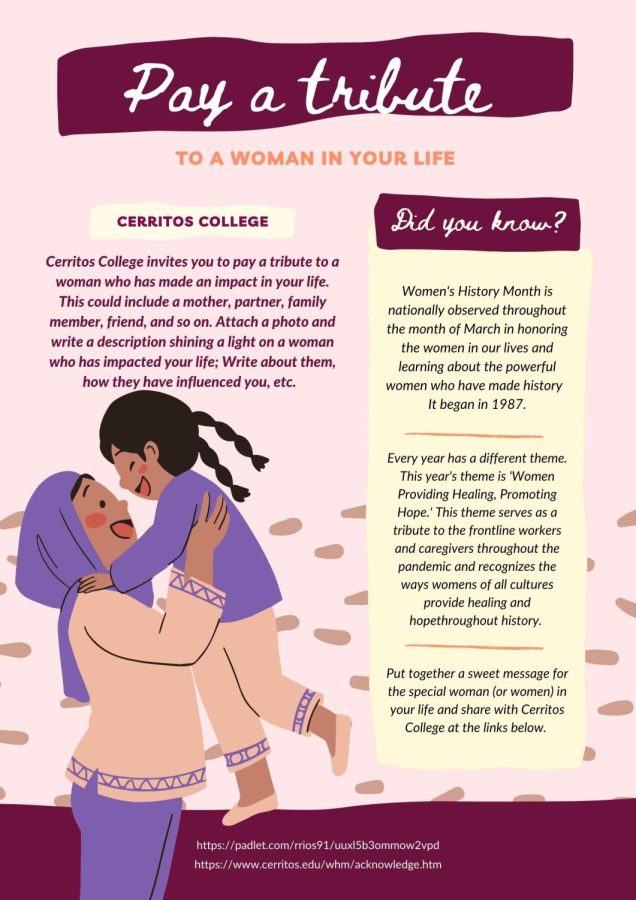Dr. Kristen Breit presented a lecture Tuesday, Feb 28 about males and females which defines the differences between men and women and the difficulty to be accurate when it comes to scientific studies because both have different metabolisms.
The presentation also talked about women in science and how science handles females vs. males.
She decided to make a presentation as part of the Women’s History Month events because she is “very passionate about studying sex differences in research.” She is interested in looking at differences between males and females.
Breit said, “There were a lot more people that I was expecting to be here, but I was very excited about that.”
Breit mentions that when scientist start their research, the first procedure is to gather groups of both males and females but the problem is that males are more easier.
When gathering males groups mostly tend to be up to 6 groups while female groups tend to be from 92- 198 groups and for scientist that is a really problem since they have to be accurate but not that accurate for their research.
Another difference when doing research between men and women Breit mentions, is that male individuals are better to study and adapt, while females are harder to do so.
Breit would like for individuals to do their own research looking at the differences between both genders.
She said, “If you are able to do your own research looking at importance between males and females in science do so and consider that in daily life behaviors.
“Male and females inherently behave differently and there are many physiological reasons for that, like hormones. [Researchers should] consider that as a question when they do their own research.”
Because a female’s metabolism makes any research longer and harder to be accurate less studies are done using females.
As an example of a difference she said males take longer to recuperate from drugs and alcohol while females recuperate faster and eliminate the thought of wanting those substances.
She explained, “If you don’t consider those [gender] differences you are not able to give the best information to the public.”
Cerritos resident Mel Bernstein, found out about the lecture by attending the Cerritos College Philosophy Club meetings, thought the presentation was “phenomenal.”
He said,”The variation of women’s hormones on a day to day basis over a period of a month and […] how complicated clinical studies are” were two new pieces of information that stood out for him during the presentation.
Breit also mention that this type of research are in the making and they are finding all new information but it will take time around two to four years to make research results and information public.






